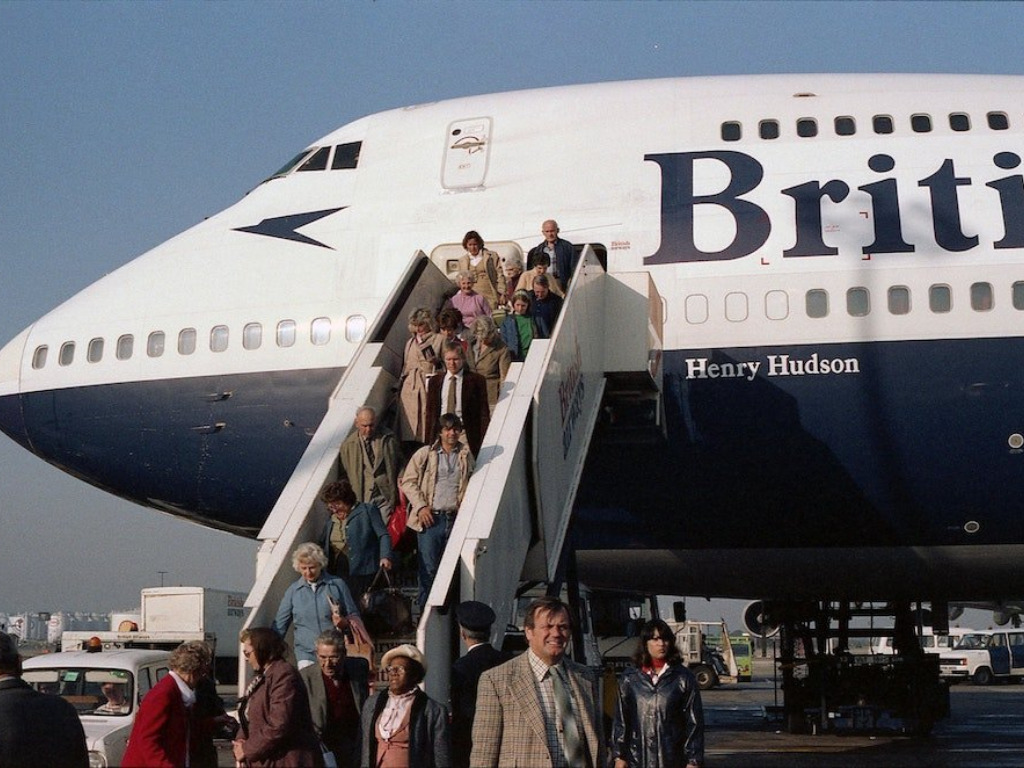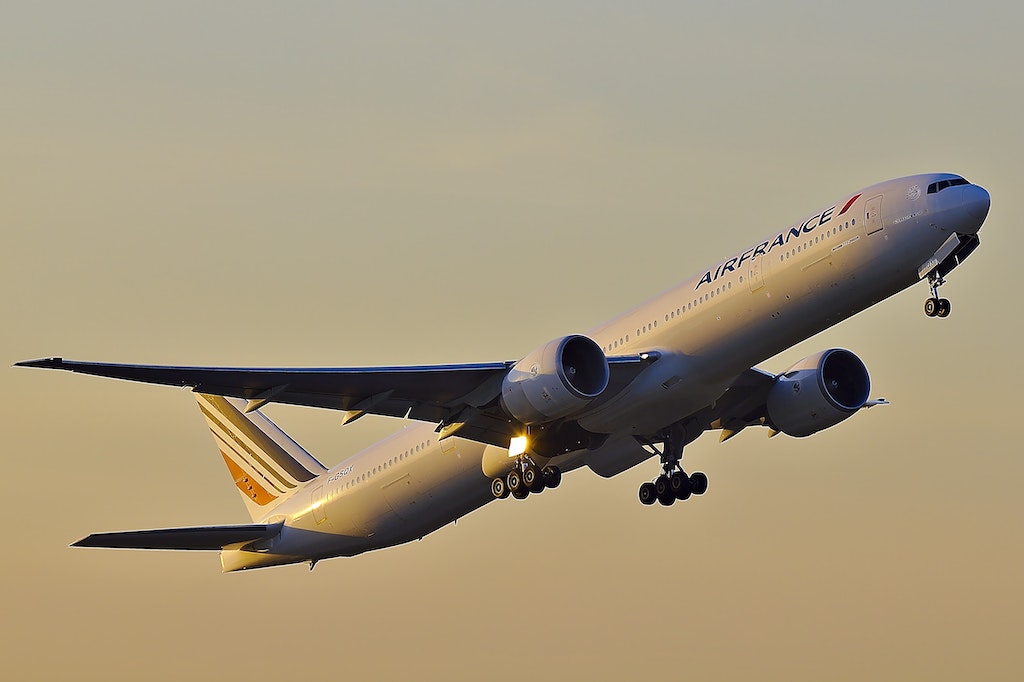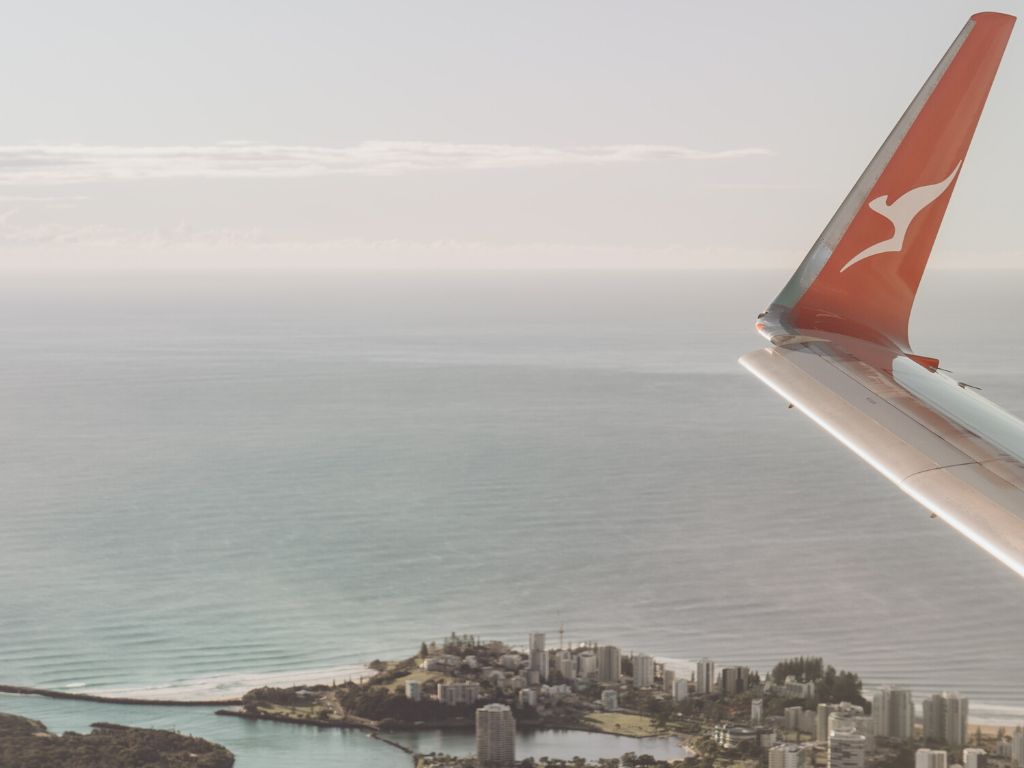Qantas Airways Invests $200 Million to Help Bring SAF to Australia
3 Mins Read
Australia’s Qantas Airways is investing $200 million in bringing sustainable aviation fuel to Australia’s airline industry.
The announcement comes as part of the airline’s commitment to helping the country’s efforts to reduce carbon emissions.
“The problem is there is no sustainable aviation fuel industry in Australia and we would like to buy this in scale,” Qantas Chief Executive Alan Joyce told reporters. “We think the way to do that is to put our money where our mouth is.”
SAF
Air travel is responsible for about 2.5 percent of total global emissions. The industry has imposed a 2050 target to become net-zero. Key to that is SAF usage, which is expected to grow from 26 million gallons last year to more than 100 billion gallons within the next three decades.
SAF can be produced by biomass such as crop and household waste that’s turned into renewable hydrocarbon.
“Relative to fossil fuels, sustainably-produced, unconventional, jet fuel results in a reduction in
carbon dioxide (CO2) emissions across its life cycle,” according to the group Aviation Benefits Beyond Borders.

It says use of sustainable aviation fuel has been shown to provide “significant reductions” in overall CO2 lifecycle emissions compared to fossil fuels, “up to 80 percent in some cases.”
Qantas says it’s aiming to hit ten percent SAF on all flights by 2030, including those on its new fleet of Airbus narrowbody and widebody planes.
Airbus chief executive Guillaume Faury called the deal “unique” due in part to Australia’s isolated location; it’s not expected to replicate the deal with other airlines.
Qantas will source from a mix of startups and established firms out of London and Los Angeles for the first five years.
Aviation emissions
The announcement follows recent commitments by British Airways to use SAF after entering a multi-year agreement with Phillips 66 Limited. Last December, United Airlines made history flying the world’s first passenger flight on the maximum allowable sustainable aviation fuel of 50 percent.

Air France and its subsidiary KLM recently announced surcharges for its use of SAF, varying by seat class and distance. It also recently released a three-prong sustainability initiative that includes reducing its direct emissions, reductions in indirect upstream and downstream emissions, and supporting atmospheric CO2 capture projects.
The move also follows other measures across the industry to reduce emissions in cabins. Most recently, United Airlines announced a partnership with vegan meat company Impossible Foods to bring its lower carbon footprint plant-based meatballs to select flights and lounges.



